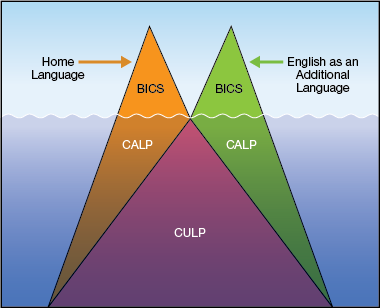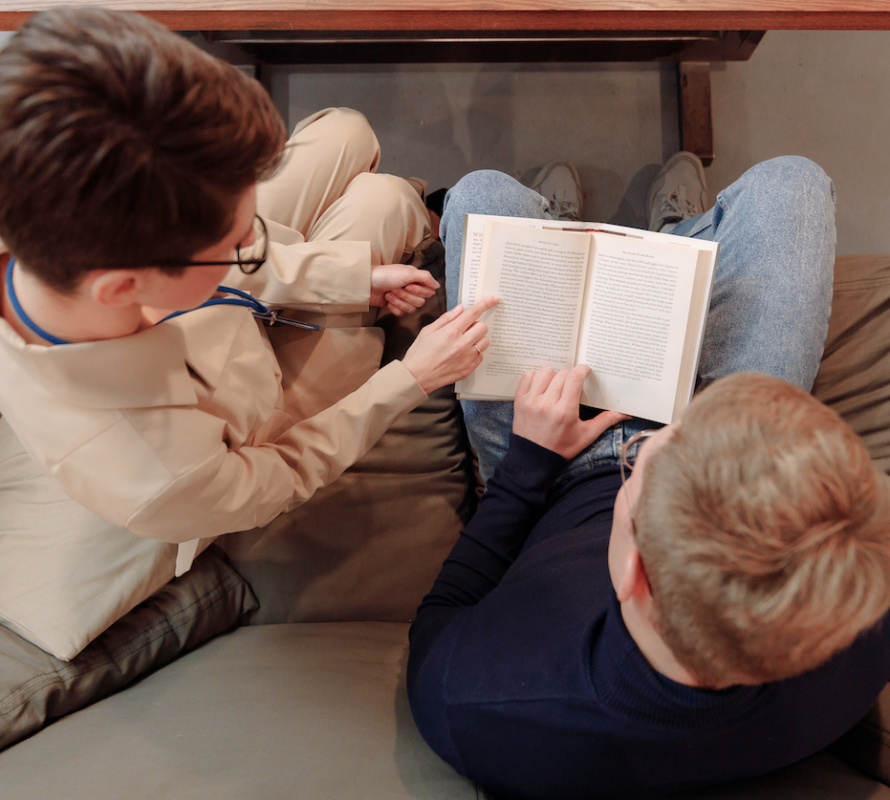Contribution by Ms Irene Alkemade – ISD Home Languages Coordinator

In our school, the majority of students are learning English as an additional language. This means that they speak one or more other languages at home. For that reason, they are called Multilingual Learners.
Some students are starting this language learning journey and some have been in our school for a while and have become more familiar with English. Acquiring a new language is an interesting process which depends on several individual aspects before fluency (proficiency) can be achieved.
There are some interesting aspects to knowing about how second language acquisition works.
Did you know…
- “It takes time for children to learn a new language?”
Jim Cummins, a renowned Second Language Acquisition(SLA) specialist, came up with a theory that clearly explains how long it takes before fluency can be reached. It is called the Iceberg Theory. * - “Your child first needs 2-5 years to learn basic and interpersonal language skills?”
To learn the language called ‘survival’ language. It is used in context and with social, informal contact. From research, we know it takes between 2-5 years to achieve fluency in this skill. * - “It takes 5-7 years for your child to learn cognitive academic skills?”
This language is more abstract. There are fewer cues to connect with. It requires more experience. It takes between 5-7 years to achieve fluency in this skill. * - “The pace of this development depends on individual factors?
Think about developing under different circumstances or environments. Think about learning skills, motivation, and capability and how this can all develop differently in phases just like growing tall. - The main focus at home should be on home language development?
Students at ISD tend to stay for different chunks of time. Some stay for a few months and some stay for a few years. Depending on the plans for the future, it is important to also think about the development of the home language. If your child goes back to your home country, they should be able to comfortably integrate into education. This means they have to keep developing their home language skills as well. At home, this should have the main focus. - That if you still have time left, English learning should be fun?
Our advice is to make sure to have fun when practising English. Watch videos together, read books together. Your child brings books home from school and it is fun to read and practise them together and talk about the new words. Let your child read to you too. There are online vocabulary games to play together. Make this moment meaningful and fun.
https://www.gamestolearnenglish.com/
Home

